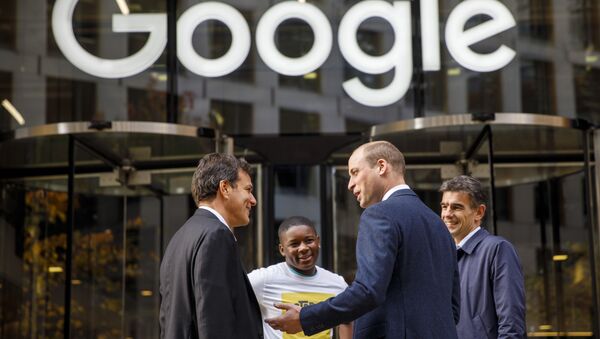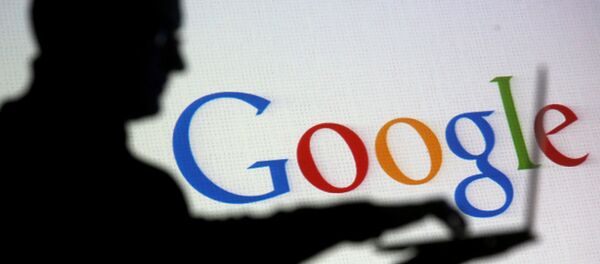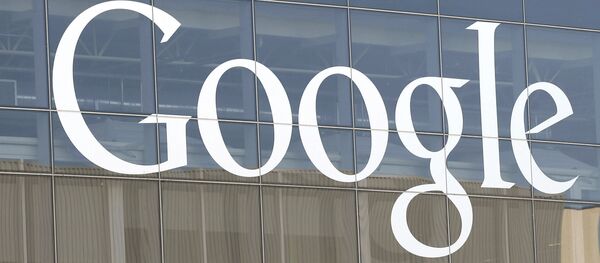On September 25, news of the head of state's visit to Google made Granma's front page, amid coverage of the Cuban President's agenda for the 73rd Session of the United Nations General Assembly.
The Cuban newspaper described the meeting as "informative and fruitful" and highlighted the quality of Cuba's human resources, which determines the country's capacity for high technology development.
Fernando Ravsberg, an Uruguayan journalist based in Cuba, told Sputnik that Miguel Díaz Canel's visit to Google's NYC HQ encourages "the expectation of a better relationship with the company as well as with the entire digital system of the United States, in order to accelerate the development of communication, which is still very low."
Alongside Google's executives, the representatives of VaynerMedia, Connectify, Mapbox, McKinsey and Company, Virgin Group, AirBnB, Revolution, Twitter, Microsoft, Bloomberg and Cresta were in attendance, all interested in the ‘quasi virgin' Cuban telecom market.
"In 2015, Google offered to provide 70% of the island with Wi-Fi within a period of four years for free; however Cuba turned down the offer while maintaining a relationship with the company. I think that this new meeting has given many people hope for a better relationship, able to accelerate to accelerate the development of Internet communications," Ravsberg explained.
In 2018 ETECSA, Cuba's state telecommunications monopoly and principal internet provider, expanded mobile Internet access tests. Access remains limited, and most Cubans take advantage of free Wi-Fi zones in parks and squares.
According to Ravsberg, Google could have prepared a new proposal for Cuba. "I believe that Google will continue to seek cooperation with the island, which is not a very large market, but a unique one. More than 10 million Cubans have no or very little Internet access, and that makes Cuba a big market," the journalist said.
"US-Cuba relations have always been tense, and time has proved right to the Cuban government that the US president himself has created a ‘task force' to penetrate Cuba via the Internet and thus impose the ideas of dissidence and anti-Castroism," Ravsberg explained.
"We also have to bear in mind that Google is a very important company that could give some kind of guarantees to Cuba; I think this is part of the potential deal. If Cuba can get some kind of security from Google, we'll see the cooperation progress," he said.
The journalist stressed that the new President of the island belongs to a generation closer to the development of technology than "those who lived in the analogue era", although he himself doesn't have any social network accounts. For example, "he was the first Cuban politician to have a laptop at the Council of Ministers."
Ravsberg concluded that "there will be development of the Internet in Cuba, although people are desperate about its slow pace."
The views and opinions expressed in this article by Fernando Ravsberg are solely those of the speaker and do not necessarily reflect Sputnik’s position.



